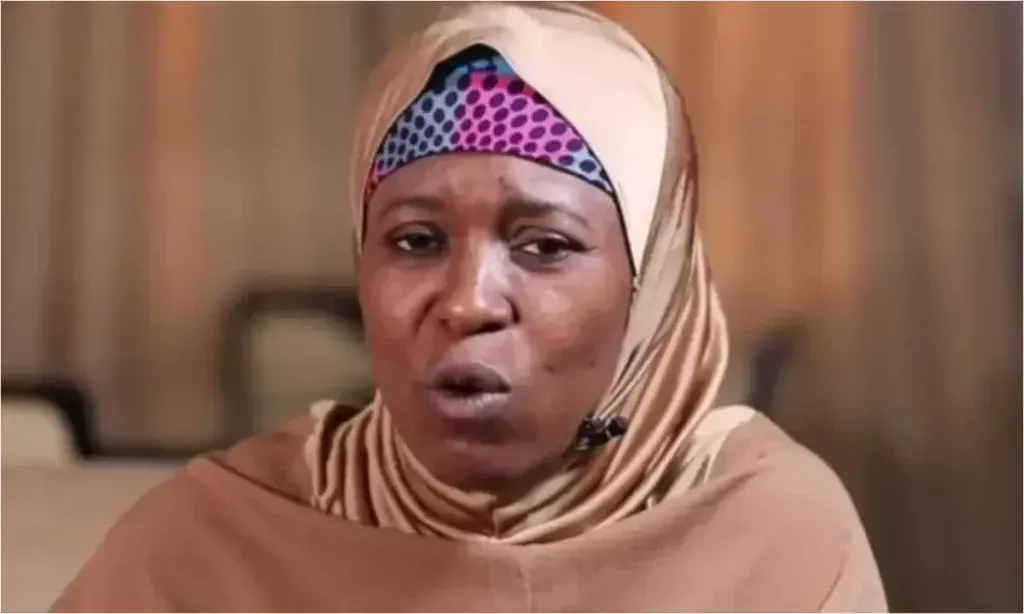The Nigeria Deposit Insurance Corporation (NDIC) has announced the establishment of a specialized desk at the Economic and Financial Crimes Commission (EFCC) to aid in the investigation and prosecution of individuals responsible for bank failures. This disclosure was made by the Managing Director of NDIC, Bello Hassan, during a workshop in Owerri, where he also highlighted the corporation’s efforts to expedite the adjudication of failed bank cases through heightened collaboration with legal professionals.
Hassan further revealed that this strategic initiative has enabled the NDIC to resolve previously protracted litigations related to failed banks. The corporation is also actively pursuing a framework for Alternative Dispute Resolution, aimed at facilitating out-of-court settlements.
In line with recent developments, the NDIC has introduced the Single Customer View (SCV) framework to accelerate the disbursement of insured sums to depositors of closed banks. Additionally, the corporation is in the advanced stages of reviewing the maximum deposit insurance coverage to align with macroeconomic dynamics and bolster depositor confidence in the insurance scheme.
Addressing the benefits of the deposit insurance system, Hassan emphasized the importance of enhancing public awareness to mitigate fraud targeting small depositors. The NDIC has also intensified its liquidation activities, achieving a remarkable 100% debt recovery rate.
Furthermore, the implementation of the SCV framework has significantly expedited the payment of insured sums to depositors of failed banks. The ongoing review of the Differential Premium Assessment System (DPAS) aims to enhance its risk sensitivity and accommodate substantial developments in the Nigerian banking sector.
Under the theme “Stocktaking of Deposit Insurance Practice: Assessing the Past, Evaluating the Present and Forecasting the Future”, the workshop organized a technical session to bolster the media’s engagement with banks. This initiative reflects the NDIC’s commitment to safeguarding the interests of depositors and the broader financial system.



